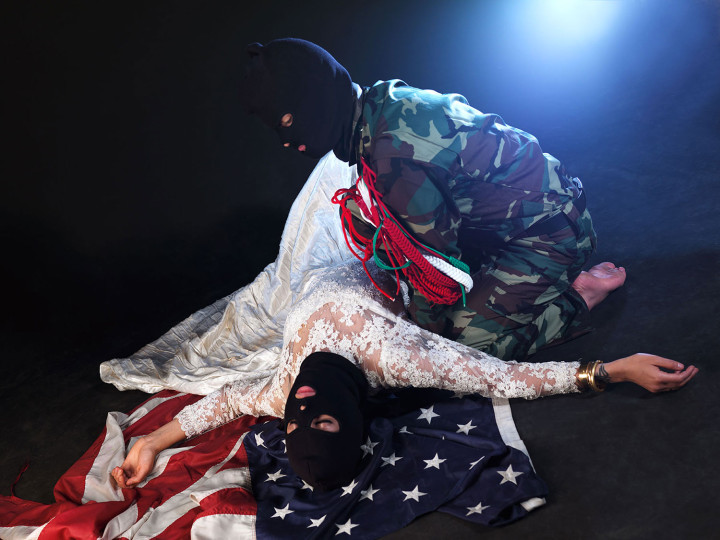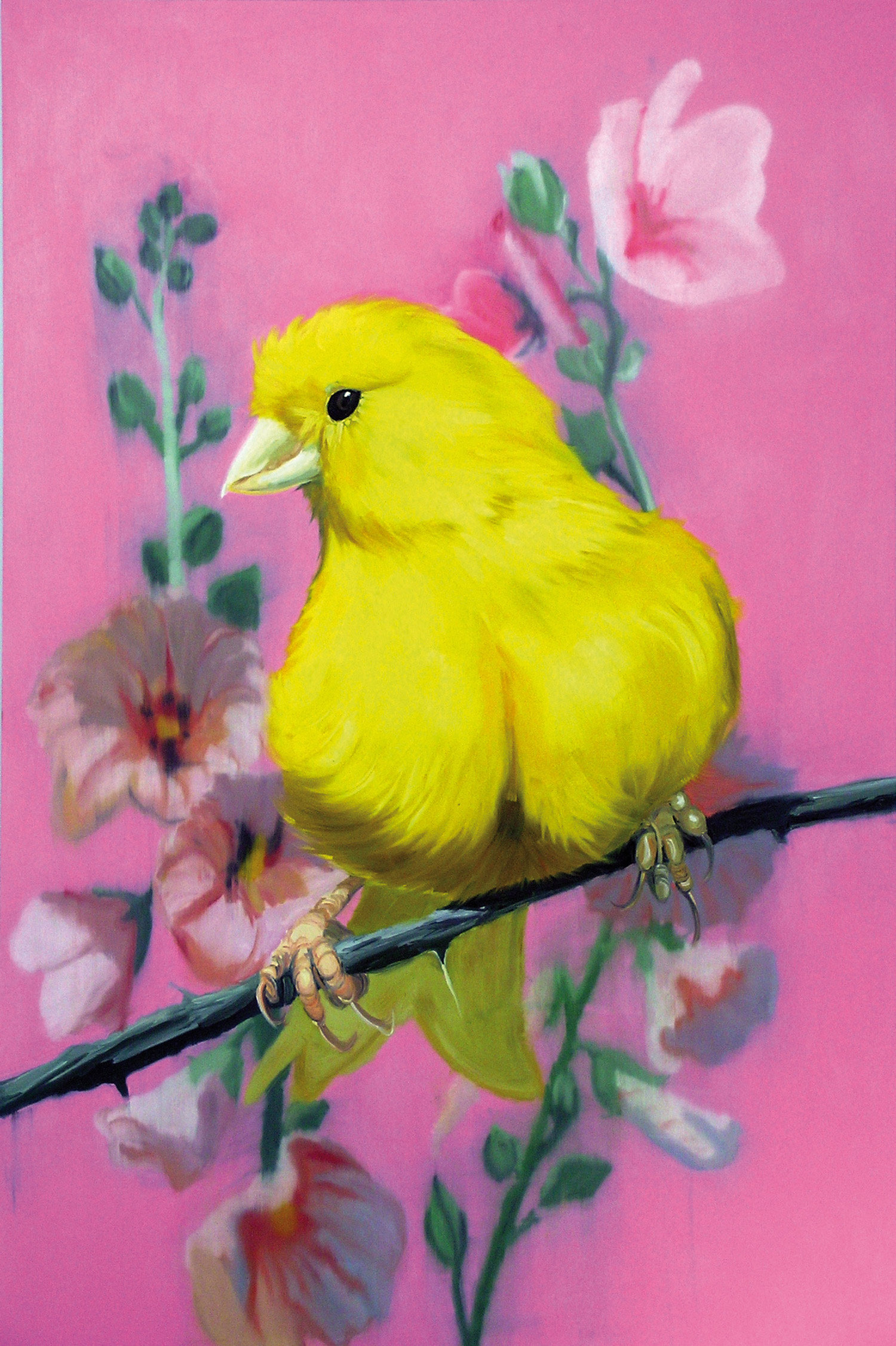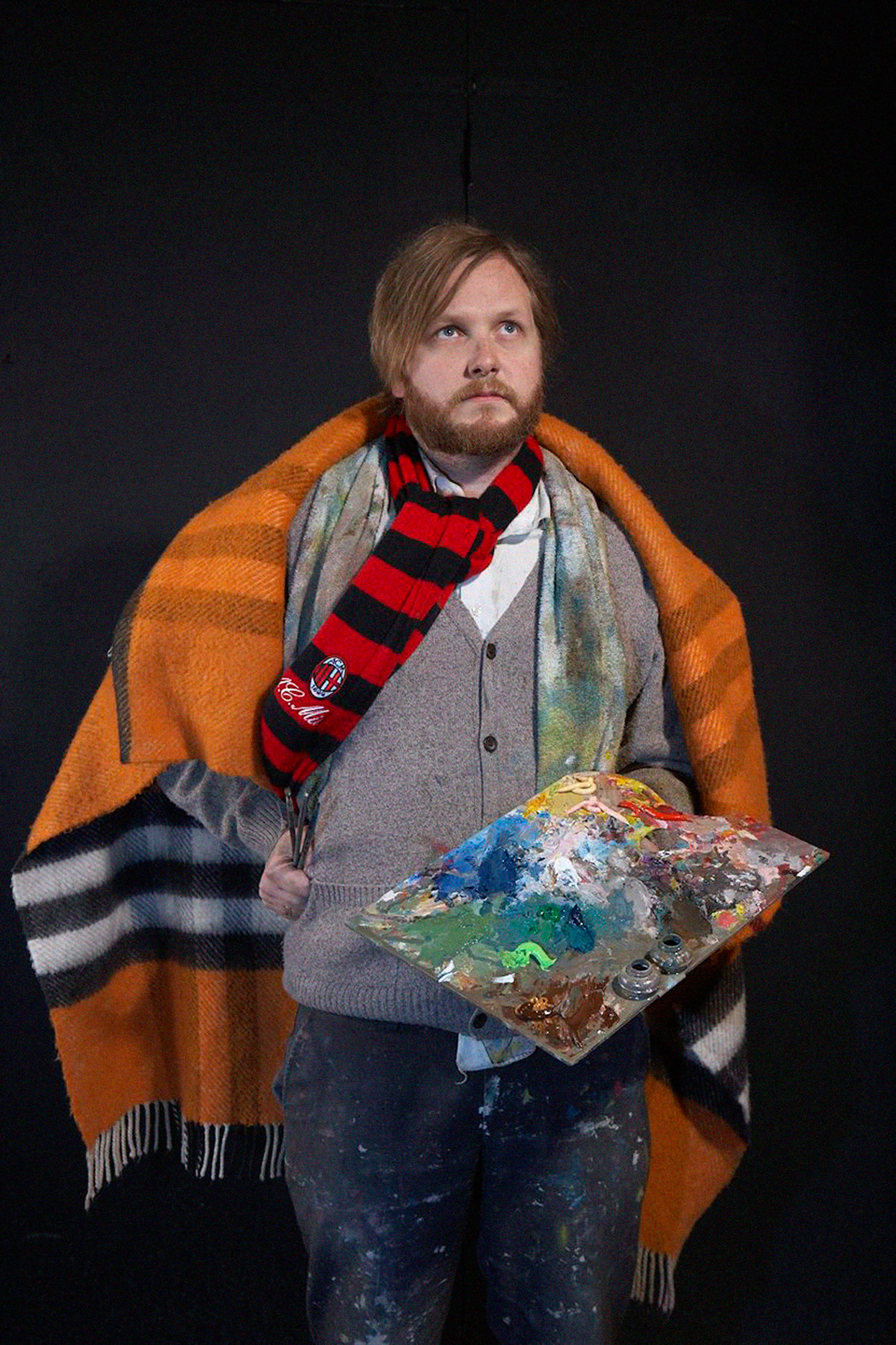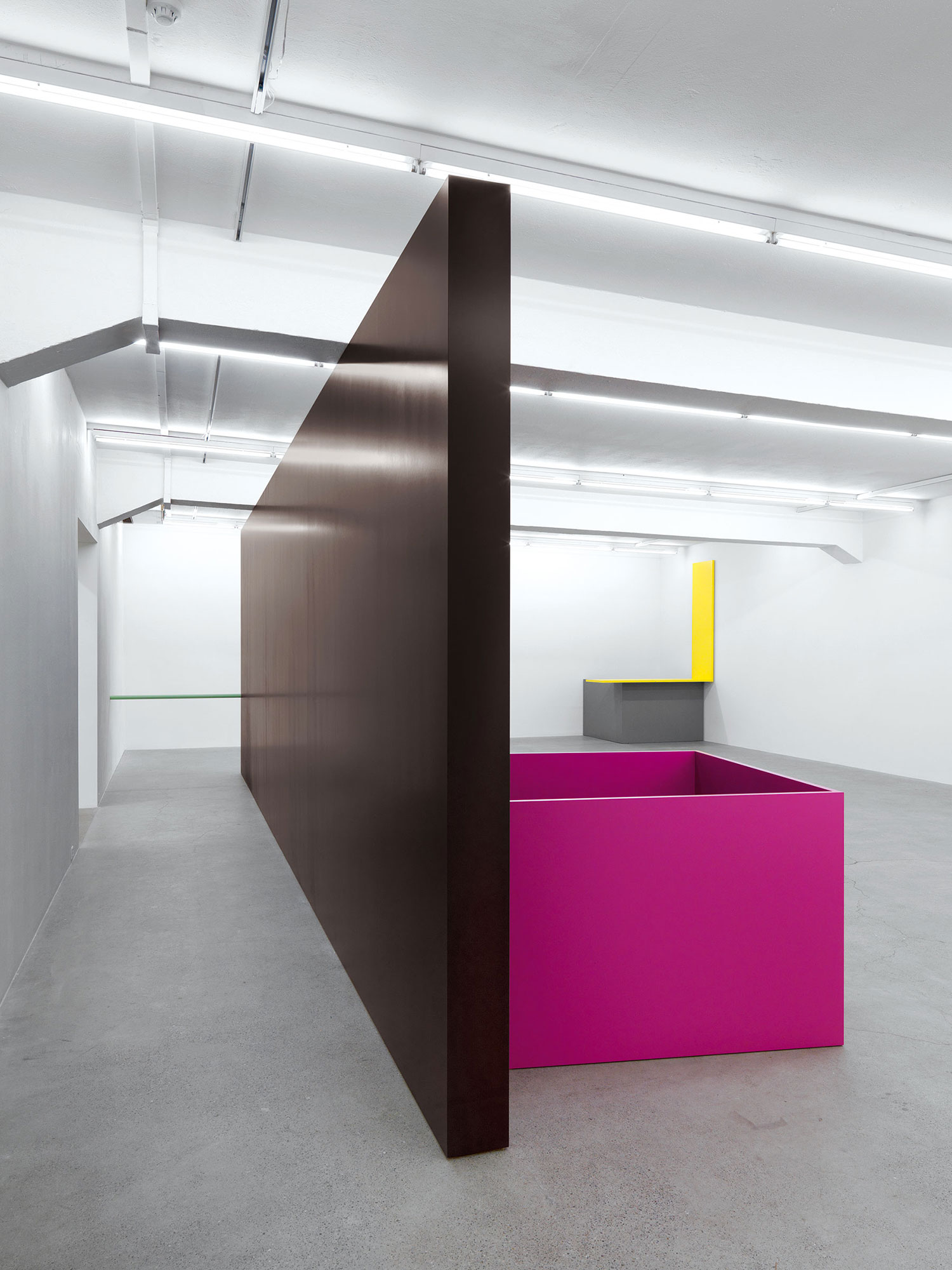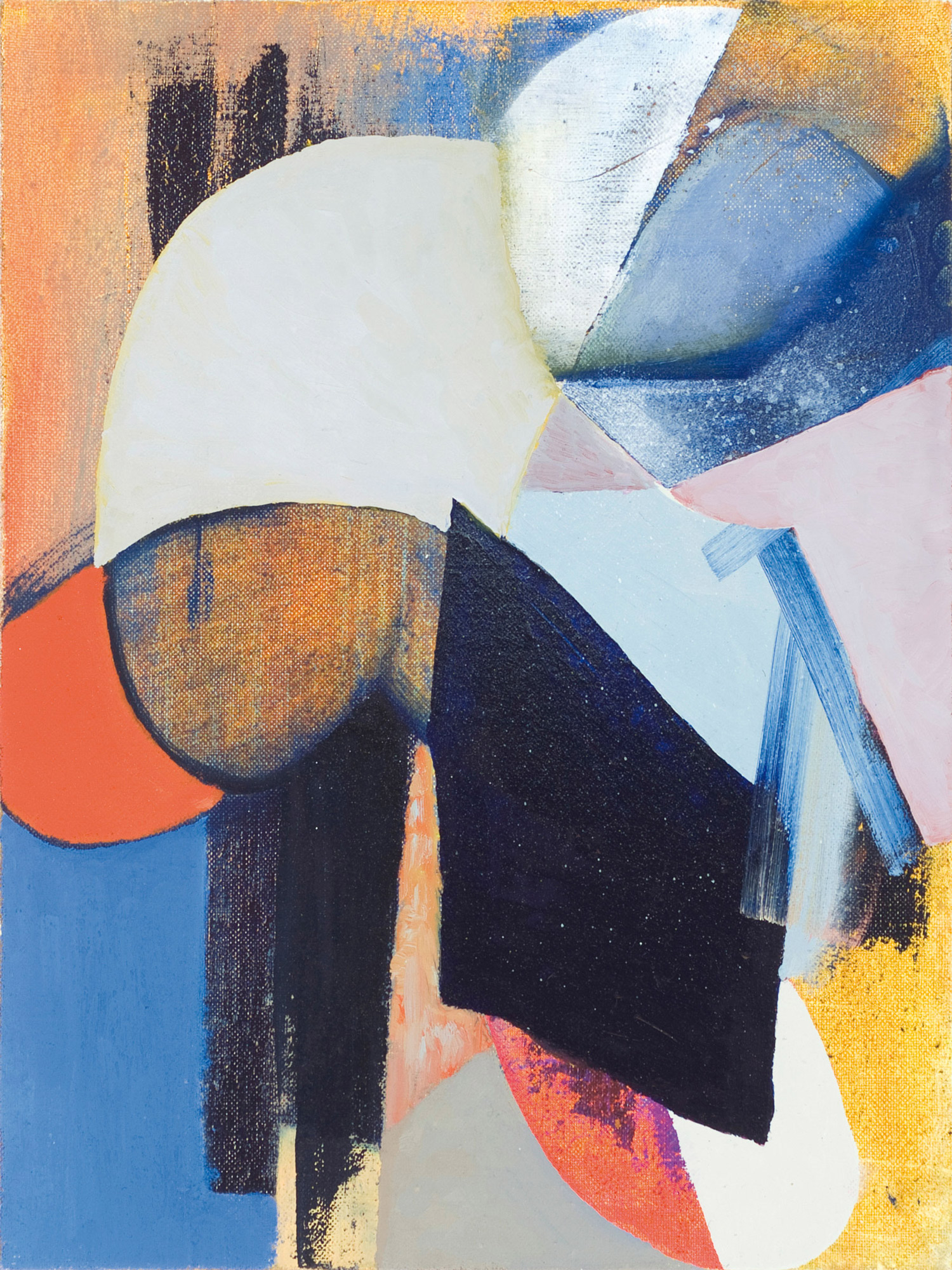
Shaheen Merali: How and what are the main drives behind your making and thinking?
Sarah Rahbar: I have a fear of forgetting; forgetting all that I have seen, witnessed and recorded, and I no longer want to keep it all to myself. I want to shout it from the rooftops for the entire world to hear. When I am filled to the rim and cannot witness one more incident, one more injustice, one more inequality, I make work. I work not because I have decided to be an artist, but because I have to. Voltaire once said that history is a fable that we agree upon…Well, I don’t agree anymore and I am rewriting it.
SM: More recently you seem to be working in series of works, demonstrating an unfolding desire to arrest mediation about our and your place in the world, which is then rendered as a concern. What are these concerns?
SR: My concerns are about a world that values symbols, statuses, belongings, moralities, laws, customs and beliefs, more than human life itself. All that matters is that we own, control, sustain and dominate and, as time passes, I see that we are only going backwards. In the end it is not distance that disconnects and cuts us off from one another, it is our way of looking, seeing and thinking. No more presidents, no more fake gods, no more lies… We have all cried a thousand cries and we have all witnessed all of this corruption and desolation. Yet we have become so paralyzed and numb to it all that we fall again and again. I do not have a name or a face anymore; I am Nicaragua, Iran, Iraq, Vietnam, Afghanistan; this is my claim to fame. Heroin covers our lands once again and who will catch us when we fall once more, where will all of these guns and airplanes go? Our flags are soaked with blood — is it all right as long as it’s not mine? They are dropping bombs on our heads, they are killing off our souls, and we are metamorphosing and transforming the means of surviving it all.

SM: Many works in the recent exhibitions are in search of a commitment to a poetic imagery of a politicized realm. Is that the intention?
SR: This work is very personal for me. I am recording a history with these pieces… from Mosaddegh, the Shah, the Iran-Iraq War, America’s involvement and constant meddling in the region, to the Ayatollah Khomeini and the Islamic revolution…And then there is my personal story of fleeing Iran on foot for seven days through mountains and snow with my family, and nearly reaching our death and then finding refuge in the very country that caused the chaos and destruction that caused us to flee in the first place. This is my story, told through my eyes, through layers that only I can see through, and stories and experiences that remain only between the breeze and I. Yet, I think that these feelings that hit me like a tornado, like an earthquake, are universal to us all, and that every single person on this planet can relate to them as, in the end, we are all foreigners, we are all immigrants, we are all just visiting and we all just simply want and need to belong to something, to somebody and to somewhere.

